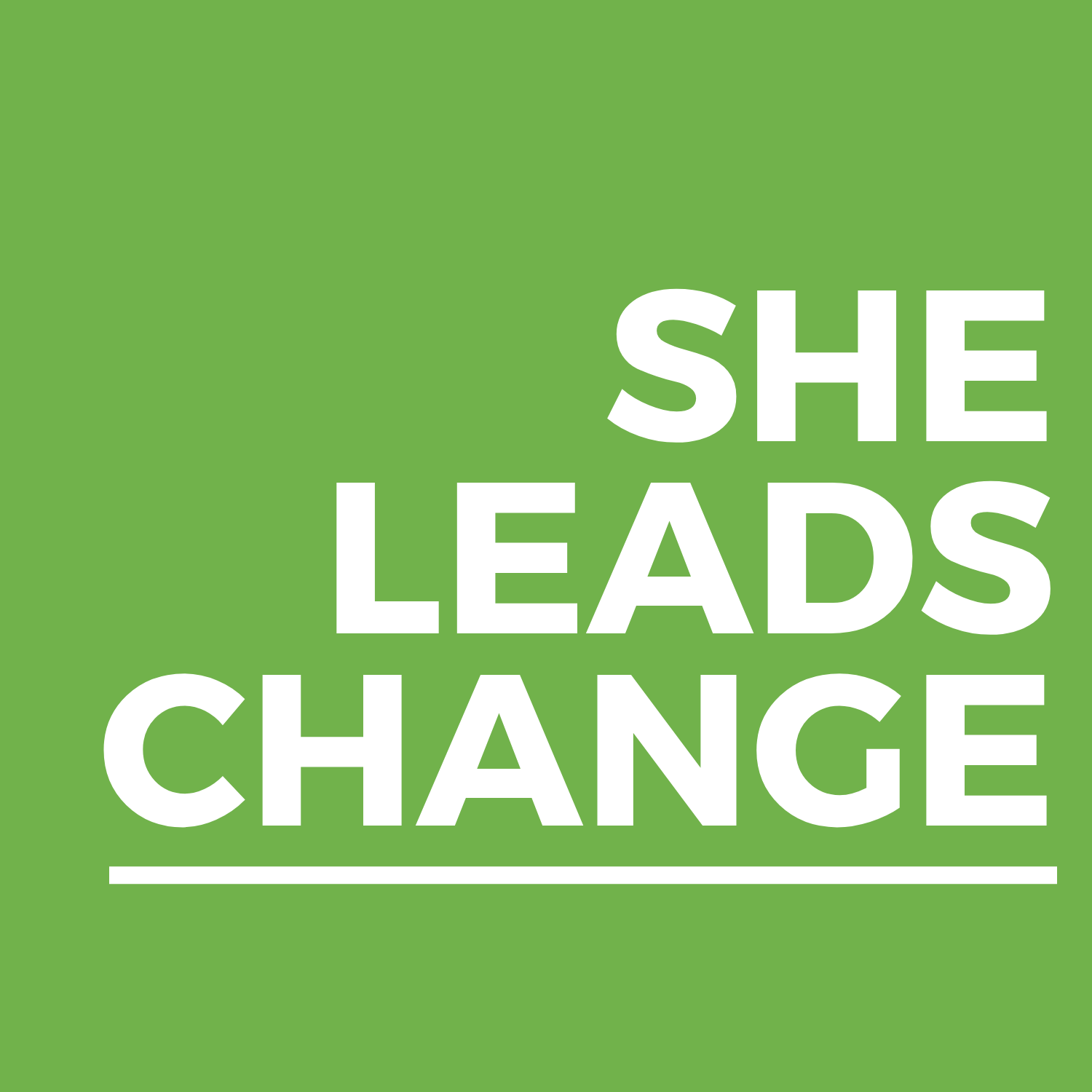There is a wonderful expression “the fish is the last to see the water”. With culture often we are so ‘in it’, have so few alternative reference points and have so deeply internalised it that we don’t ‘see’ it. We therefore take on many of societies toxic elements as our ‘own’ as opposed to recognising them for social constructs that we can choose to comply with – or not.
Session 4 of the She Leads Change programme provides space for participants to become aware of the broader cultural constructs that impact them and to begin to consciously choose how to react and engage. We offer participants, in our extensive pre-read on the topic, exercises to notice the culture we operate within and our response. One of these is set out below:
1. Understanding self:
What are your internalised beliefs about gender? These may include: beauty, speaking in public, political representation, roles in the home/work, way of framing conversations, earning capacity, etc. Where do use gender-related power? What do you feel valued for? Where are you subject to it? Mentally, track a day and notice 5 things you do to conform a gender stereotype:
2. Understanding other:
How do beliefs on gender limit others? Where, for example, are men constrained to narrow definitions of behaviour? How do you treat other women in personal and professional situations? Is this different to how you treat men? Think about 3 situations where you notice yours/others behaviour to one another impacted by gender bias:
3. Understanding whole:
How does gender shape reward and behaviour in your organisation? What are the differences between male and female seniority and pay in your organisation? In meetings – who is speaking out the most? What are the different types of roles? How do women speak differently to men? Where do ownem use traditional female sources of power? Is there a difference between female leadership and feminine leadership? Where are social norms accepted e.g. who gets the restaurant bill, receives the question, opens the door? Note down 5 specific examples where your organisation is limited by gender stereotyping:
As part of our sessions each month we invite an expert on the topic to provide us with a deeper understanding and answer our trickier questions. Here Anna Birney from the School for Systems Change talks systems, power and being authentic.
—————————————————————————————————————————————–
Curious aboutSheLeads Change? Join our September programme. We are now taking applications.
“To be yourself in a world that is constantly trying to make you
something else is the greatest accomplishment.”
Ralph Waldo Emerson
